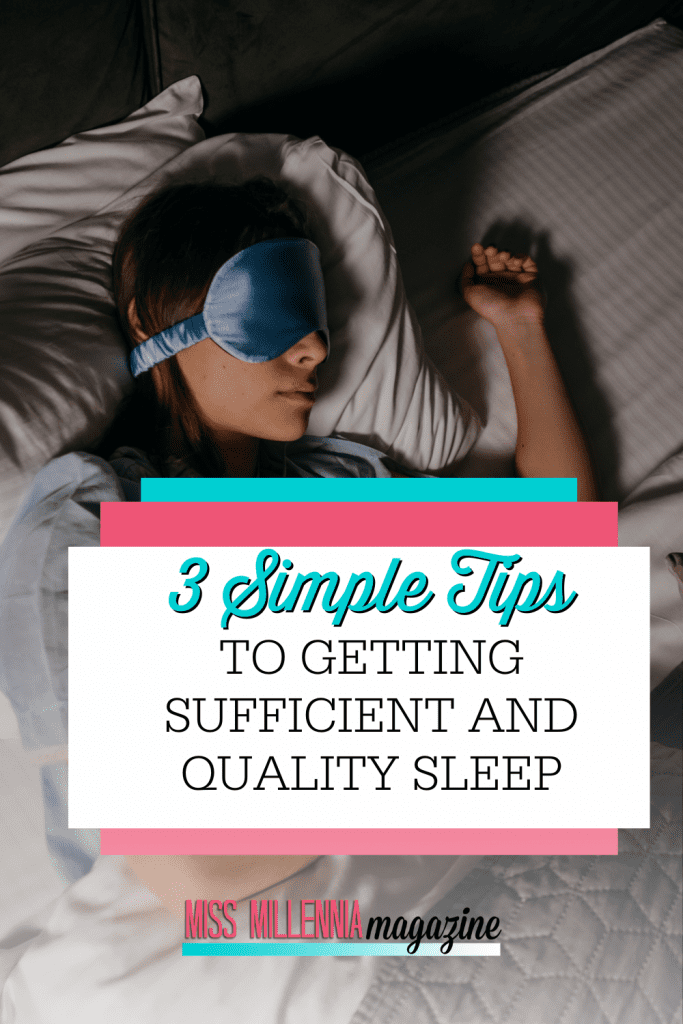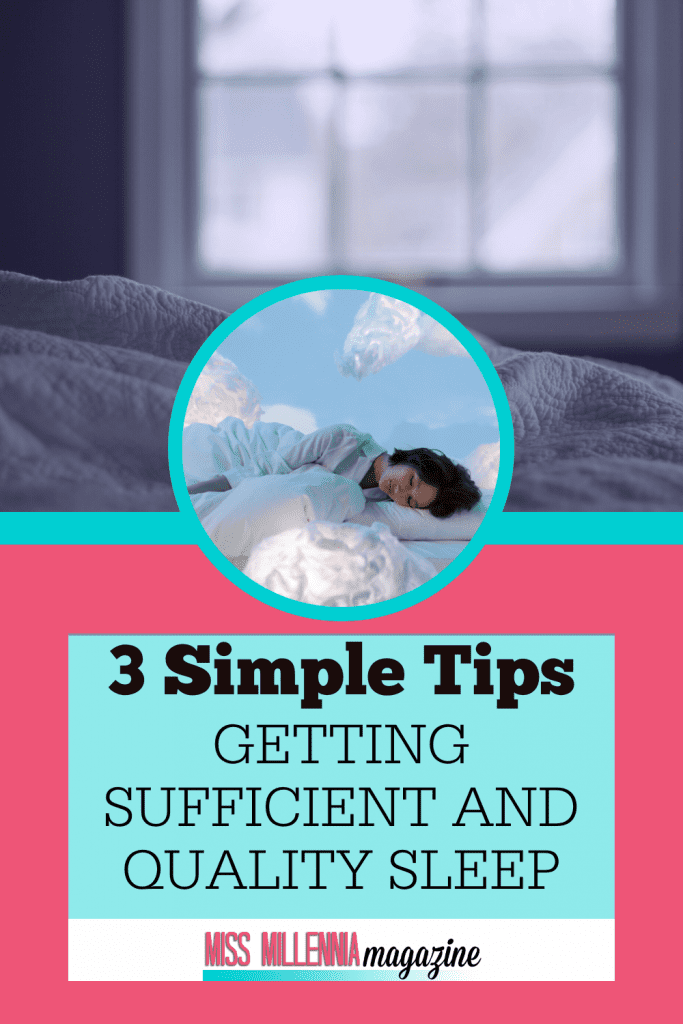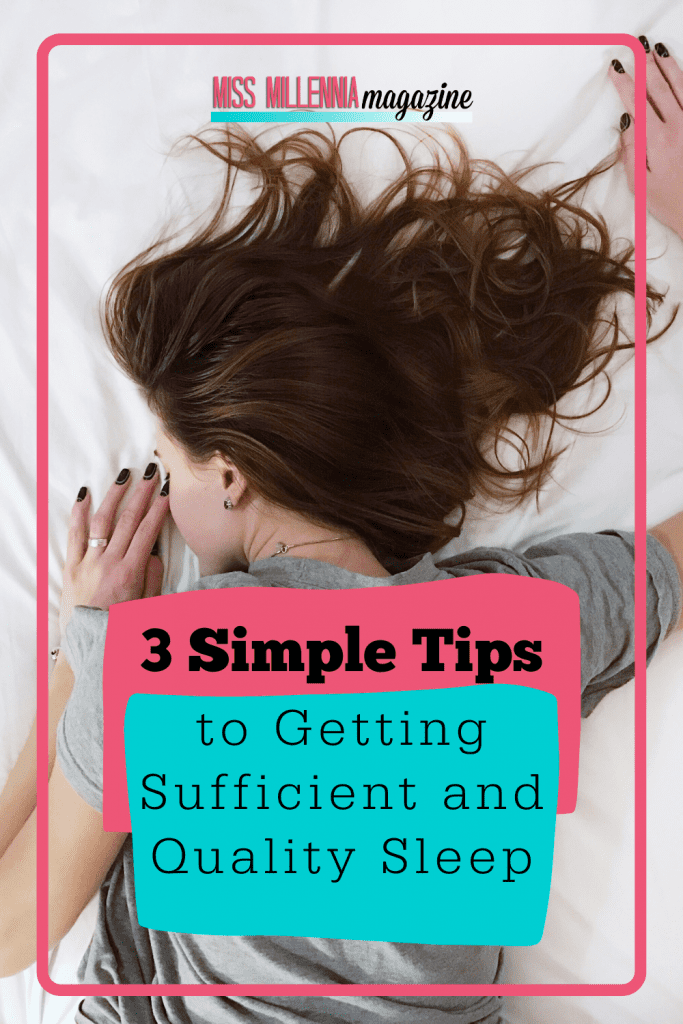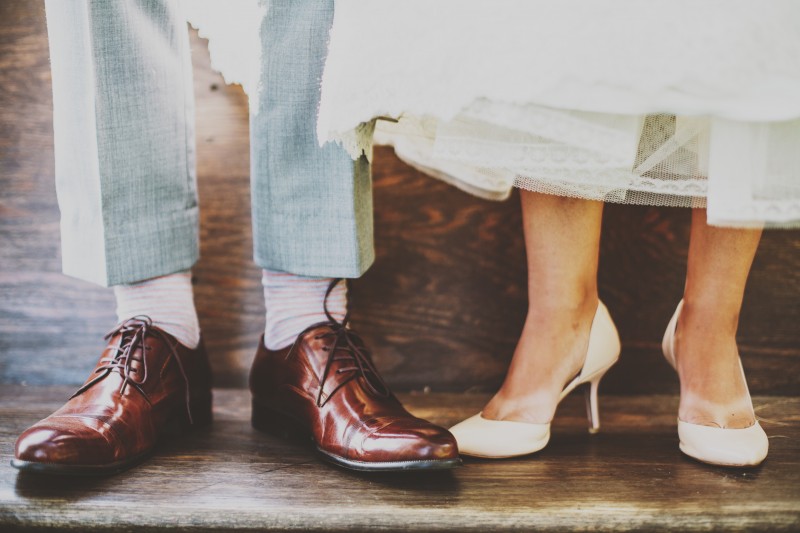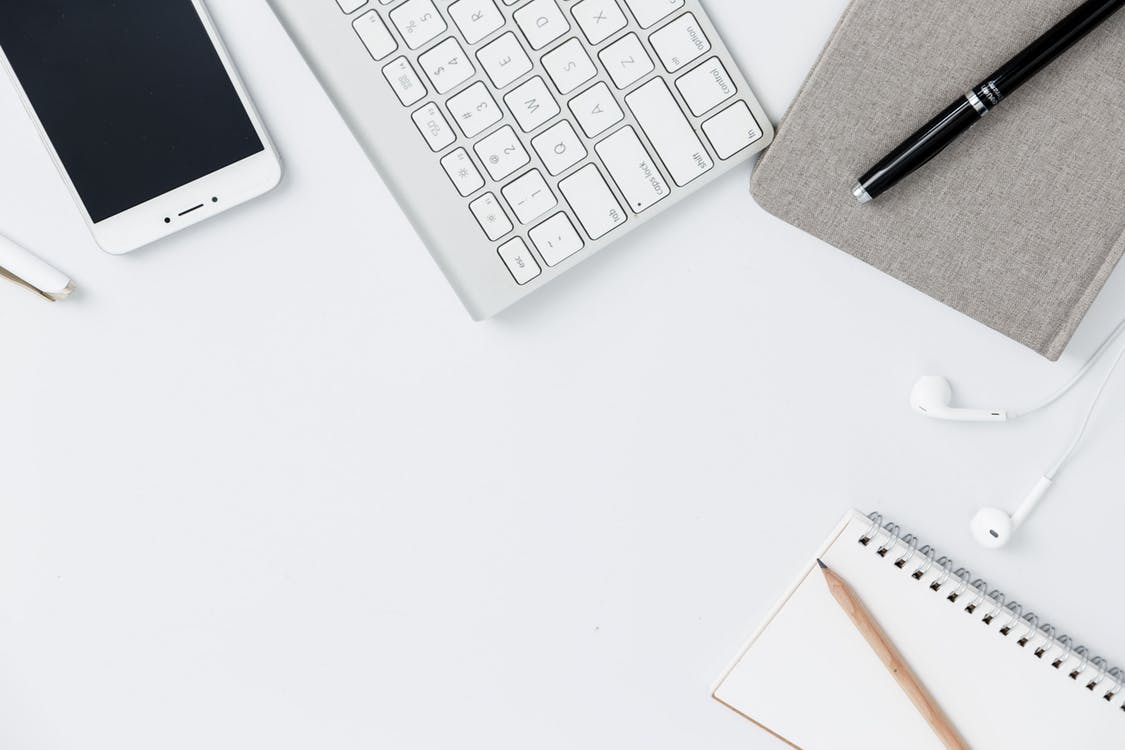3 Simple Tips to Getting Sufficient and Quality Sleep
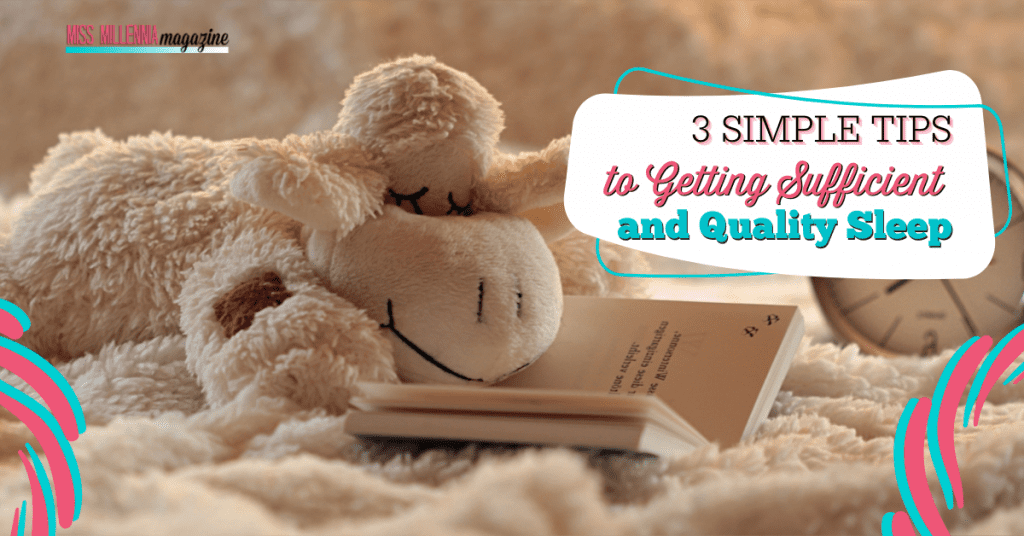
Like food and water, good sleep quality is essential for a healthy and optimal body. Insufficient sleep can significantly impair your cognitive capabilities and brings with it a laundry list of health issues from mood disorders to heart complications.
Despite knowing its importance, many people struggle to get enough sleep. The hectic lifestyle of modern living has many distractions and stressors that impair the quality of your sleep. Hence, we have compiled some tips on maintaining healthy sleeping habits.
Introduction to the Sleep Cycle
The body’s natural sleep cycle is called the circadian rhythm. Sleep is categorized into two types — REM sleep and non-REM sleep. Non-REM sleep is light sleep when one can be easily roused.
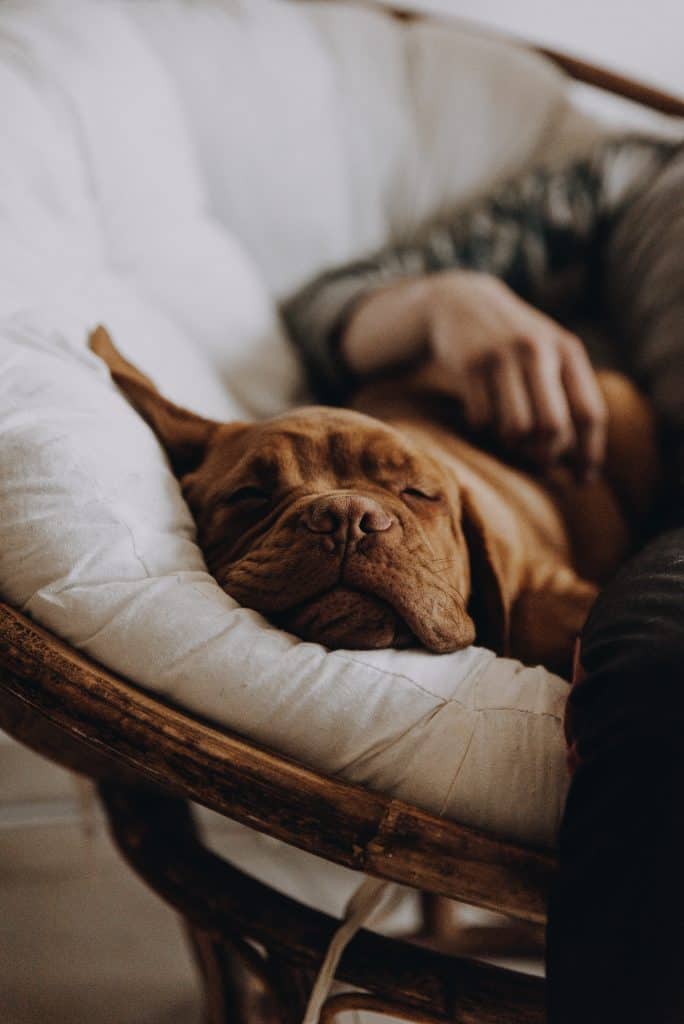
Hence, it is ideal to synchronise your waking time to when non-REM sleep as you will feel less drowsy when you wake up. REM sleep, however, is a deep sleep that is difficult to wake from.
REM sleep is essential to your health as it helps your brain process information and your cells to repair. Most people enter REM sleep every 90 minutes, which is about three to five times a night.
REM sleep lasts only a few minutes. If possible, you can avoid setting your alarm to the estimated times when you are in REM sleep, as it is the hardest to wake up during this time. You will also be disrupting a vital restorative process.
Surrounding Environment
One of the most well-known factors that affect sleep is our environment. Many people are familiar with the frustrating experience of being kept up all night by construction work or a yappy dog.
Disruptive surrounding noises can be masked with a fan or soundtrack that plays white noise. For those who prefer peaceful silence, earplugs are an accessible option.

Other than the noise, your sleeping environment should also be comfortable. You should have enough room to move and turn, so remember not to tuck yourself in too tightly.
The quality and firmness of your mattress and pillow are important to your comfort. If your back and neck are unusually sore after waking up, you might want to consider upgrading to a better mattress or exploring different types of mattresses.
Temperature is an oft-overlooked factor when it comes to speaking. A moderately cool room with good ventilation is ideal.
Exposure to Artificial Lighting
Melatonin is the chemical that causes sleepiness. More of it is produced when it’s dark, which causes you to feel drowsy.
However, with our constant exposure to artificial lighting in our everyday lives, it can be difficult to regulate our melatonin levels for a restful sleep. The trick is to minimize your exposure to artificial light at night and maximize your exposure to sunlight during the day.
At Night
Avoid watching television late at night. The blue light emitted by the television screen decreases melatonin production. Moreover, most TV programs are designed to stimulate your senses and entice you to watch more television, making falling asleep harder. Other than television, blue light from other electronic devices, such as laptops and phones, also make you feel more alert.
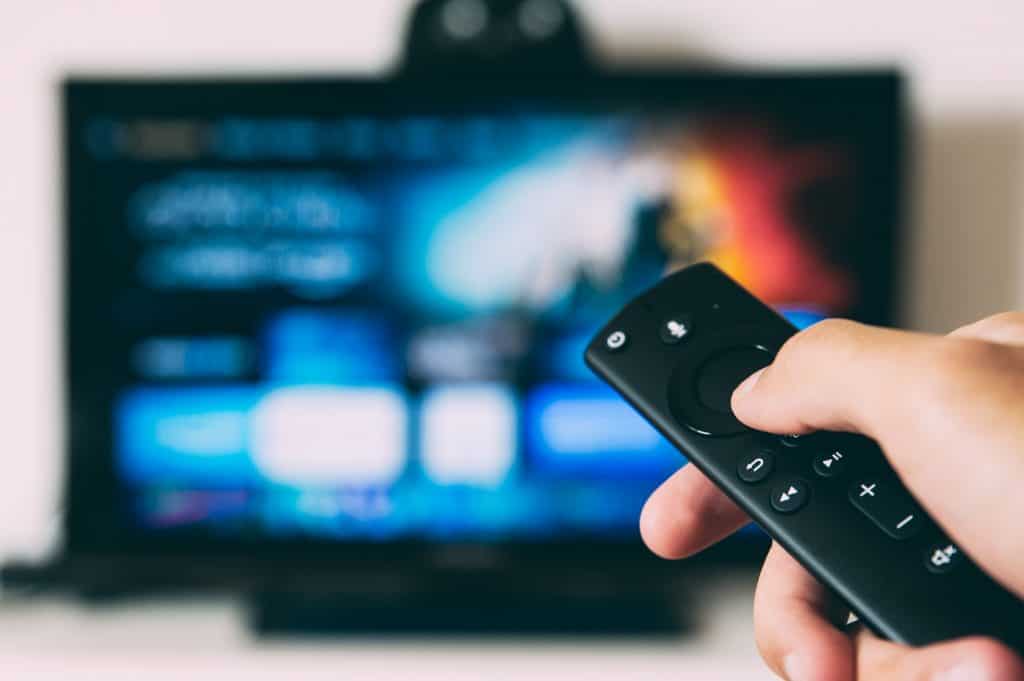
The best course of action is to avoid electronic devices entirely a few hours before you go to bed. Instead, you can entertain yourself with music or books.
However, for many people, avoiding bright screens entirely is not feasible, especially when school work or office work is due the next day. Instead, you can minimize the disruptive effects by altering the amount of bleu-light emitted, either by using night mode or with software like f.lux. E-readers with their own light are a better alternative to backlit tablets. You can also use devices with smaller screens.
When you sleep, your room should be kept as dark as possible. Cover up devices that emit light and invest in light-blocking curtains. Sleep masks are also an inexpensive option. If you wake up in the middle of the night, use a nightlight or a dimmer light source to make it easier to fall back asleep.
Daytime
Besides keeping you fit, exercise is also beneficial to improving the quality of your sleep. Exercise helps you be more alert during the day. It also increases the duration of REM sleep, thus helping restore your body.

The exercise you do does not have to be strenuous, even a relaxed 15-minute walk can help you sleep better. The key is consistency, as you will only see the fruits of your hard work after two to three months.
Gentle exercises like yoga can be done during the evening as it helps with relaxation. However, any exercise that gets our blood pumping should be completed at least three hours before bedtime as it increases the hormone production that makes you more alert.
Healthy Diet
Avoid food that makes you feel alert a few hours before bedtime. Dinner should be eaten earlier and should be kept light. If you crave a rich, hearty dinner, be sure to finish eating two hours before bed.
Avoid spicy and acidic food for those struggling with heartburn and digestive issues, as the discomfort may disrupt sleep. Food high in sugar and refined carbs, like rice, can make you feel awake even when you eat them in the morning, so be sure to moderate your intake.

It is common knowledge that caffeine helps you stay awake, but most are unaware of its potency. The stimulating effect of coffee can last up to twelve hours, so try to drink it before noon. The same goes for the nicotine in cigarettes.
On the other end of the spectrum, a glass of wine may seem like a nice way to unwind before bed. However, alcohol actually interferes with your sleep cycle. Even though you may fall asleep faster after consuming alcohol, your sleep quality will be much poorer.
The best foods to improve sleep are those from the Mediterranean diet. This includes plenty of vegetables, fruits, nuts, beans, seafood, and healthy fats like olive oil. Besides improving sleep, the Mediterranean diet offers a variety of health benefits, like lowering the risk of heart complications, Alzheimer’s, and other age-related diseases.
Conclusion
While work or school may pile heaps of deadlines and stressors on us, it should not come at the cost of our sleep. Modern life is teeming with disruptors to our sleep, from glaring screens to noisy traffic. It is important to manage your sleeping environment and habits to ensure you get the optimal sleep you deserve.
